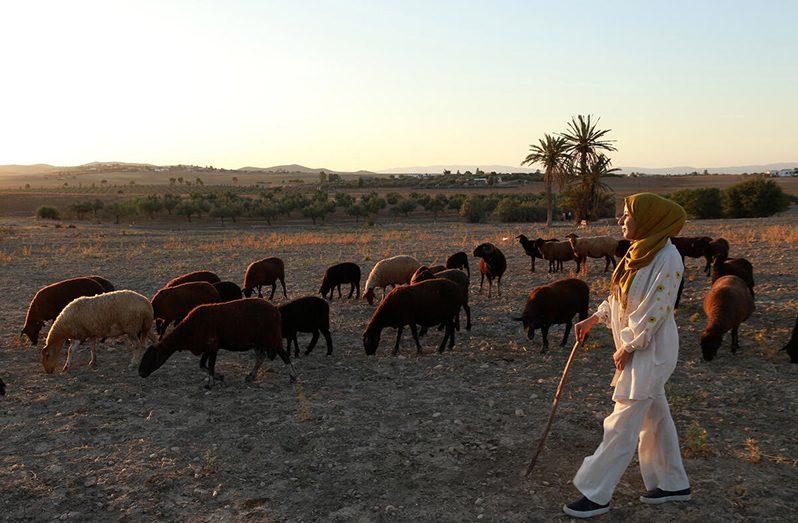THE Food and Agriculture Organisation of the United Nations (FAO) will co-lead the implementation of 21 new projects as part of the second round of funding from The Pandemic Fund.
Aimed at enhancing global and local health security, these projects, totalling $109 million, will benefit 32 countries across the world.
Four fast-tracked projects for mpox-affected countries were announced in September, with 17 additional projects announced in October. Over 50 per cent of the funds awarded under this second round are for countries in sub-Saharan Africa, the region with the highest demand for Pandemic Fund grants.
Countries that will receive FAO support include Burundi, the Democratic Republic of Congo, and Rwanda, where projects are fast-tracked to enhance health security through the One Health approach. This approach acknowledges the inter-dependence of human, animal, and environmental health.
Additional countries such as Chad, Egypt, Ghana, Indonesia, Jordan, Lebanon, Nicaragua, Pakistan, the Philippines, Samoa, Sierra Leone, South Africa, Sri Lanka, Tanzania, and Tunisia will also see significant investments with FAO support for pandemic preparedness. There will also be multi-country projects in Africa, the Eastern Caribbean, and in the South-East Asia region.
This funding round builds on the same priorities as in the first round, in terms of supporting more countries and regions to strengthen priority technical areas such as collaborative surveillance, laboratory capacity, and workforce development. The funding is also intended to strengthen cross-sector collaboration, leverage sustainable financing, and improve efficiency in pandemic prevention, preparedness, and response efforts.
The new projects will expand the FAO’s Pandemic Fund portfolio to 33 initiatives across its five regions: Africa, Asia-Pacific, Europe and Central Asia, Latin America and the Caribbean, and the Near East and North Africa, thereby supporting 45 countries with a combined value of nearly $170 million.
To deliver, the FAO is partnering with national governments, regional bodies and other Implementing Entities, including the World Health Organisation (WHO), the United Nations Children’s Fund (UNICEF), the World Bank (WB), and the Asian Development Bank (ADB).
Government agencies and community-based organisations (CBOs) will be among the critical delivery partners on the ground.
Launched in November 2022 during a G20 meeting, the Pandemic Fund, hosted by the World Bank Group, is the first multilateral financing mechanism dedicated to helping low-and-middle-income countries become better prepared for future pandemics. It receives applications from countries, supported by accredited Implementing Entities such as the FAO, and the Fund’s Governing Board agrees on finance allocations.
The FAO’s existing expertise in strengthening the core technical capacities of veterinary services, including in disease surveillance and laboratory diagnostics, will be a key asset in this second round of funding.
For example, FAO’s digital tools like EMA-i, inFARM, EMPRES-i, and alerts via SMS, allow fast reporting for mitigation and supports quality assurance and biosafety for animal health labs.
The Organisation also has a strong track record of supporting veterinary laboratories and workforce development, including through the FAO Field Veterinary Epidemiology Training, which equips veterinary professionals to detect and respond early to emerging health threats.
Direct financial support from the Pandemic Fund catalyses further investments from national governments, development banks and international partners. FAO and partners are now entering the final approval stage for the successful proposals, with full implementation expected to begin by early 2025. (FAO)



.jpg)








